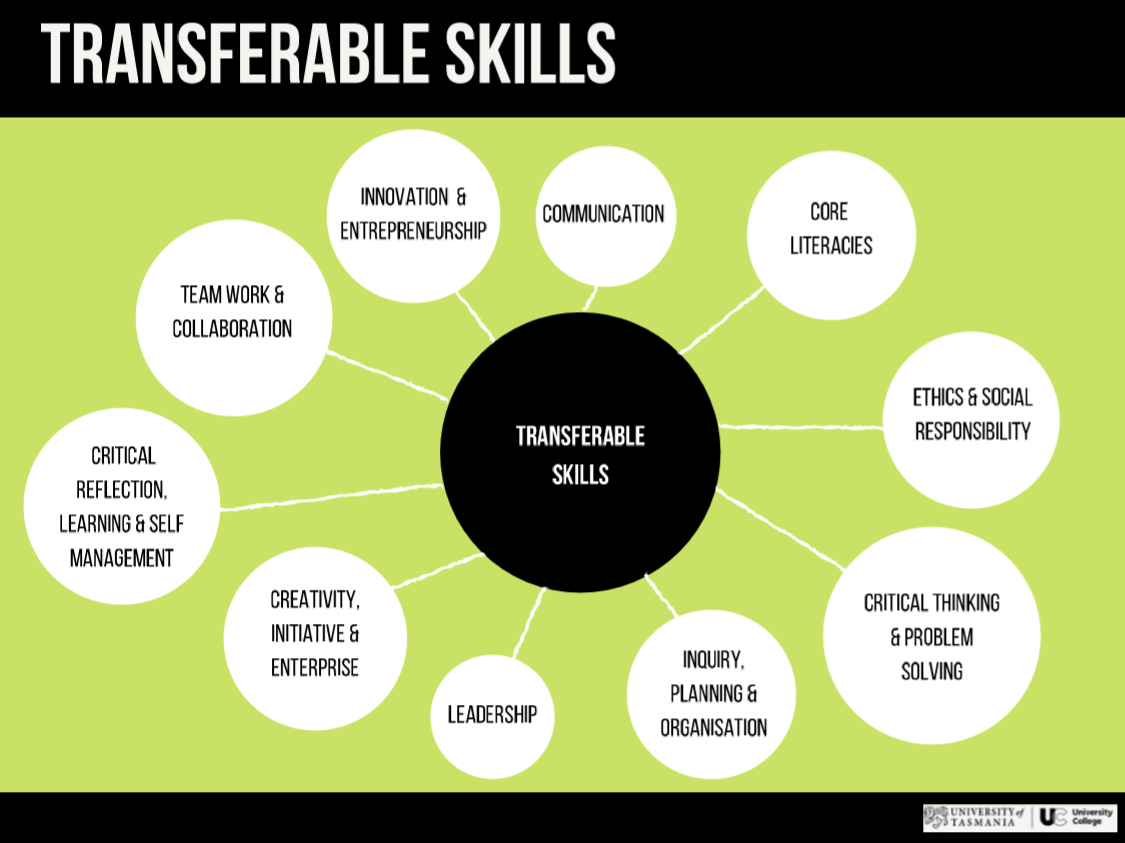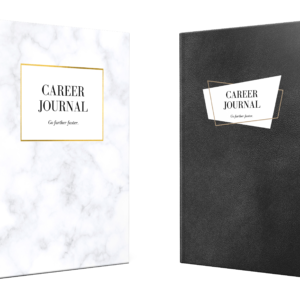
While there are many steps to planning a career for your chosen field, you should only take a few key steps to make sure that you have a successful outcome. These steps include setting goals, creating a detailed plan of short- and long term objectives, and looking for training opportunities. To be able to reflect on the changes that will occur in your career, they require flexibility. You can use the following steps to create a solid career plan.
Goal setting
Career planning involves defining your goals for the next thirty years. Setting goals is only part of the process. Your attitude, education, and mindset are key factors. A career map can help you get to your professional goals if you're determined. Your personal goals can be used to help you set new goals. Remember that your career is a reflection on your personality and past experience. If you are not sure where to start, ask someone you trust for advice. Take a look at the goals of successful colleagues and people you admire to see how they achieved them. Ultimately, you should calculate your value as a professional to set your goals.
You may find it overwhelming to consider using a goal template as a guideline. Templates will not allow you to identify your own goals and may not reflect your true potential. Using a SMART framework to help you set clear goals will improve your chances of success. It is important to set realistic goals that are both achievable and achievable. The goal should answer the questions, "How much can I afford," "When will it be reached," and "How quickly can I do it?" You can identify your core values and plan your career path by creating a career plan.

A detailed list of your short- and long term goals
It is essential to have short-term goals in order to achieve long-term ones. The short-term goal can be achieved immediately. Long-term, more complex goals may take time and require more planning. Long-term objectives should be difficult and require lots of effort. For example, if your long-term goal is to become a doctor, you will need to spend four years in college and three to eight years in medical school and residency before you can become a doctor.
You can stay motivated by creating a detailed list with both short-term and longer-term goals. These lists can be adapted or scrapped to fit your current circumstances. Once you have compiled a comprehensive list of long-term as well as short-term goals it is important that you check in on it each month and acknowledge small wins.
Locating training opportunities
Before you begin your search for a career, find out what type of training you need. The General Accounting course is a good option if you are interested in becoming an accountant. Find out what employers value your skills after you have completed the course. Next, you should research the industry growth rate and education requirements. You will then be able to find ways to obtain the training you require.
While many people are committed to their career development, the reality is that they are time-poor, have a full-time job, and lead hectic lives. Therefore, they seek out "just in time" learning opportunities like webinars, online courses, and professional development associations. This strategy can prove to be very beneficial. Some careers don't even require formal education. Whatever your choice, there is a program that will fit your needs.

Keeping flexible to the effects of changes in career
The rapid technological advances, global markets, as well as the political landscape, make it difficult for employees to predict what will happen in their workplaces. Most organizations have seen some change in the last few years. People have taken on new roles, joined new teams, or worked in different capacities. Many industries are experiencing rapid changes, and employees need to adapt to the succession of their managers. Flexibility to the changes in career planning will help you adapt to these unforeseeable circumstances.
One important benefit to staying flexible is that it makes you more reliable. Being flexible improves your standing, and opens up new career options. You also build trust with your colleagues and coworkers. You can also improve your mental health by staying focused on your goals and reframe difficult situations in a positive light. Professional flexibility can also be beneficial in other areas, making it a win-win situation.